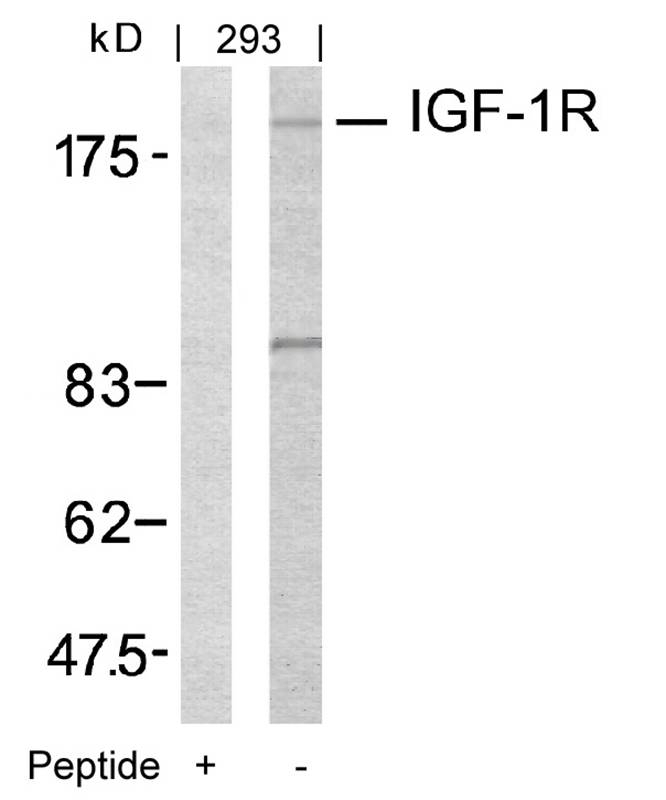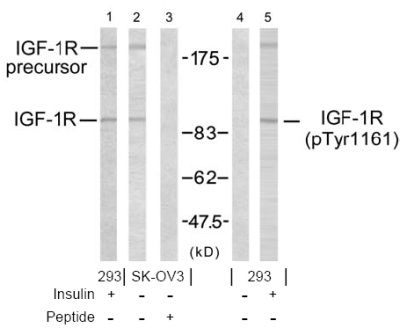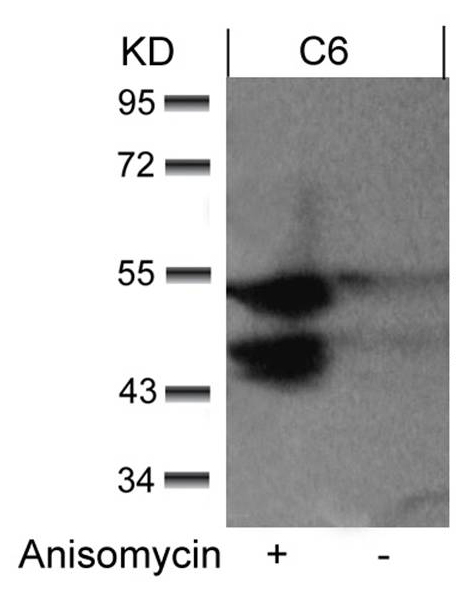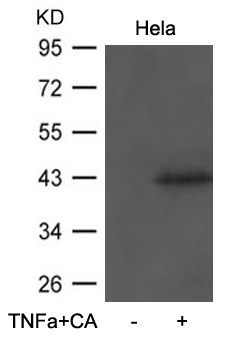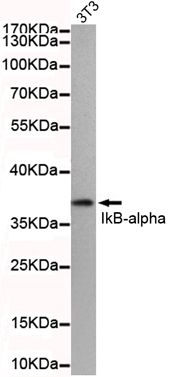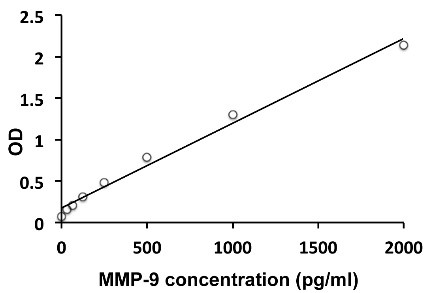Tumor microenvironments are shown to affect progression of several cancer subtypes
Tumor microenvironments are shown to affect progression of several cancer subtypes
|
Our environment can have a major impact on how we develop, and this principle applies to cancer cells too. In a breast cancer tissue, stromal cells including immune, mesenchymal, and vascular cells communicate with cancer cells by sending autocrine signals to each other. In addition, paracrine or endocrine signaling mediated by growth factor, cytokines, proteases, and extracellular matrix proteins can also contribute to the tumor microenvironment which has been shown to affect the development of cancer cells. However, it is still unclear if specific stromal components have the same effects on tumor progression in different subtypes of cancer arising from the same organ. In a recent work published in Neoplasia, Park et al. found that two different breast cancer models progressed differently based on their microenvironment, and this discrepancy is highly dependent on the function of MMP9. MMP9 has previously been linked to the progression of many types of cancers. When MMP9 protein is ablated in both mouse models, tumor onset is delayed only in one of them, but had no effect in the other model. IGFBP-1 binds and deactivates Insulin Growth Factor-1 (IGF-1), preventing them from activating their receptor to promote cancer proliferation. As a substrate of MMP9, the expression level of IGFBP-1 in each and every cancer models will determine if MMP9-mediated IGFBP-1 degradation occurs sufficiently to release IGF-1 hence accelerating cancer progression. This study have implications for anti-cancer drugs that target MMPs, and may explain why previous clinical trials using MMP inhibitors have failed. It suggests that trials of MMP inhibitors could focus on patients whose tumor microenvironment contains IGFBPs. In conclusion, this research highlights the fact that oncogenic alterations in cancer cells drive specific stromal responses and the function of proteases depends on the presence of their specific substrates. arigo provides phospho IGF-1R Antibody Duo (ARG30240) for the study of IGF-1R activation. IGF signaling pathway leads to the activation of downstream pathway, such as NFkB pathway, which can be determined using arigo’s NFkB activation Antibody Panel (ARG30205). MMP9 ELISA kit (ARG80129) and IGFBP1 ELISA kit (ARG80492) are useful for the detection of these stromal components in the tumor microenvironment.
Antibody Duo
Antibody Panel
|
||||||||||||||||||||||||||||||||||||||||||||||||||||||
